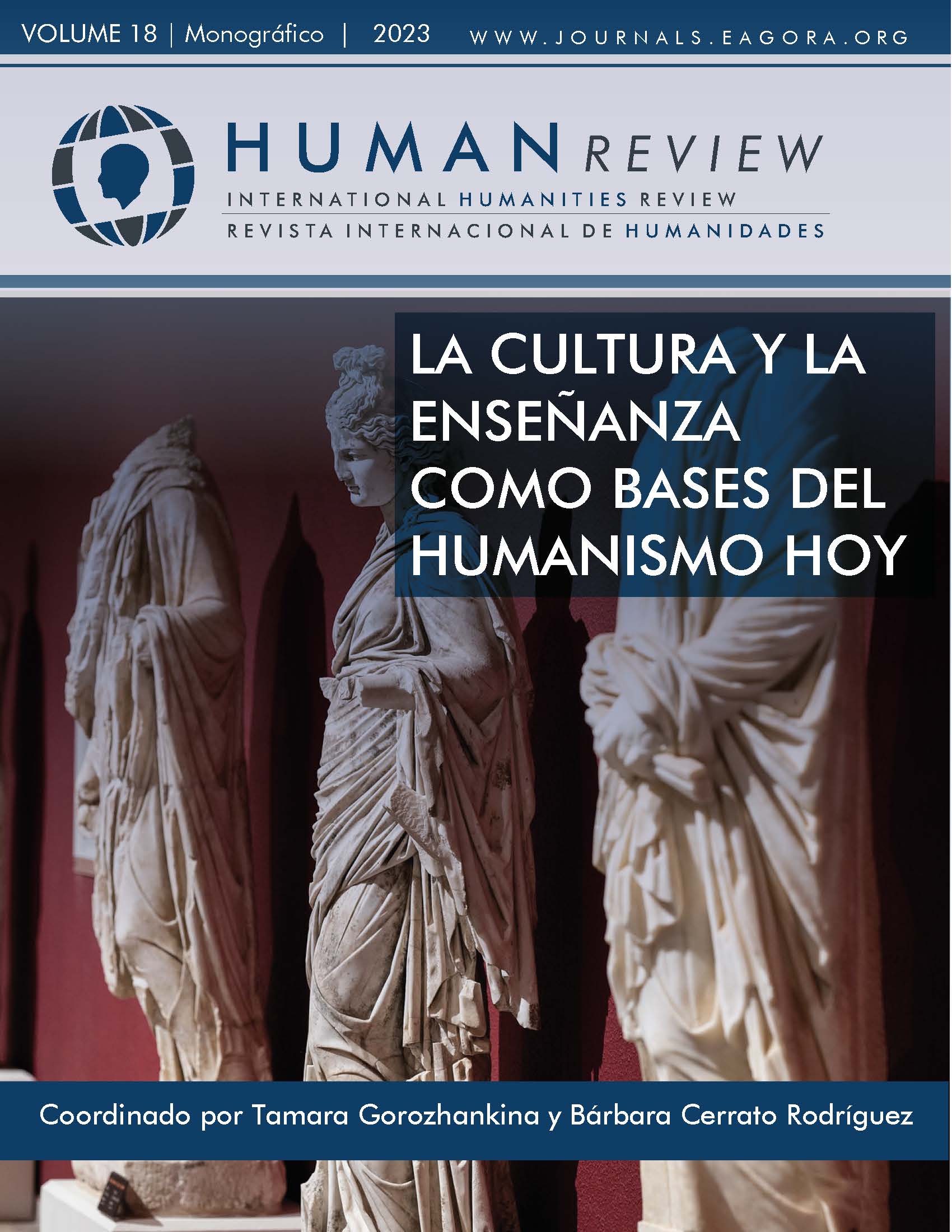The virtue of teaching and learning natural sciences in postmodern times: a reflexive approach
Keywords:
Teach, Learn, Natural, Sciences, Virtue, Reflection, EducationAbstract
The agricultural sector was prepared to adopt foreign agrochemicals based on supply, which apparently revolutionized the agricultural activity, for a better quality of life. The objectives are based on the following: review the documentary sources to know the current episteme of agroecology, classify the information in sections, build the discourse based on the object of study, analyze the documentary results. The research is qualitative, the methodology is documentary based on the review of periodic sources inherent to agroecology in the context of Bucaramanga, Department of Santander, in Colombia.
References
Ardila, (2003). “Calidad de vida: una definición integradora”. En Revista Latinoamericana de psicología, 35(2), 161-164
Bandura, A. (1994): “Social cognitive theory of mass communication”. En J. Bryant, Y D. Zillm (eds.): Media effects: Advances in theory and research.
Bronfenbrenner, U. (1987). La ecología del desarrollo humano. Cognición y desarrollo humano. Paidós. Browne, K. & Hamilton, C. (1998). Physical violence between young adults and their parents: Associations with a history of child maltreatment. Journal of Family Violence, 13(1), 59-79.
Bru, E., Stephens, P. & Tosheim, T. (2002). “Students´ perceptions of class management and reports of their own misbehavior”. En Journal of School Psychology, 40,4, 287-307.
CASASSUS, Juan: La escuela y la (des)igualdad. Santiago de Chile. LOM Ediciones, 2003.
Levy, C. (1986), Higher education and the State in Latin America: private challenges to public dominance, Chicago, University of Chicago Press.
Levy, N. (2000). La sabiduría de las emociones. España. Plaza & Janés.
López Bombino L. (2007). “La ética del científico. Mínimo enfoque de un gran problema”. En: Núñez Jover J, Pimentel Ramos L, eds. Problemas Sociales de la Ciencia y la Técnica. La Habana. Editorial Alex Varela.
Lugo, L. R. (2007). “Formación integral: desarrollo intelectual, emocional, social y ético de los estudiantes”. En Revista Universitaria de Sonora,(1), 1-3.
Margot, J. P. (2007). “La felicidad”. En Praxis filosófica, (25), 55-80.
Martínez Martín, M., Buxarrais Estrada, M. R., & Esteban Bara, F. (2002). “La universidad como espacio de aprendizaje ético”. En Revista Iberoamericana de Educación (OEI), 2002, núm. 29, p. 17-43.
Murillo, Héctor (2004), „La educación superior pública y privada en México y Baja California Sur“. En Observatorio de la Economía Latinoamericana, núm. 29, agosto, página electrónica: http://www.eumed.net/cursecon/ecolat/mx/2004/hma–educ.htm. (Consultado: 22.03.2020)
Reynard, D. & Sonuga-Barke, E. (2005). Teachers emotional expression about disruptive boys. En British Journal of Educational Psychology, 75, 1, 25-35
Rogoff, B. (1993) Aprendices del pensamiento. Barcelona, Paidós.
Savater, Fernando. Ética para Amador. España. 1991 – 2012.
Vogliotti, A., & Macchiarola, V. (2003, September). “Teorías implícitas, innovación educativa y formación profesional de docentes”. En Ponencia Congreso Latinoamericano de Educación Superior. Argentina: Universidad de San Luis.
Wentzel, K. (2002). “Are effective teachers like good parents? Teaching styles and student adjustment in early adolescence”. En Child Development, 73,1, 287-301.

